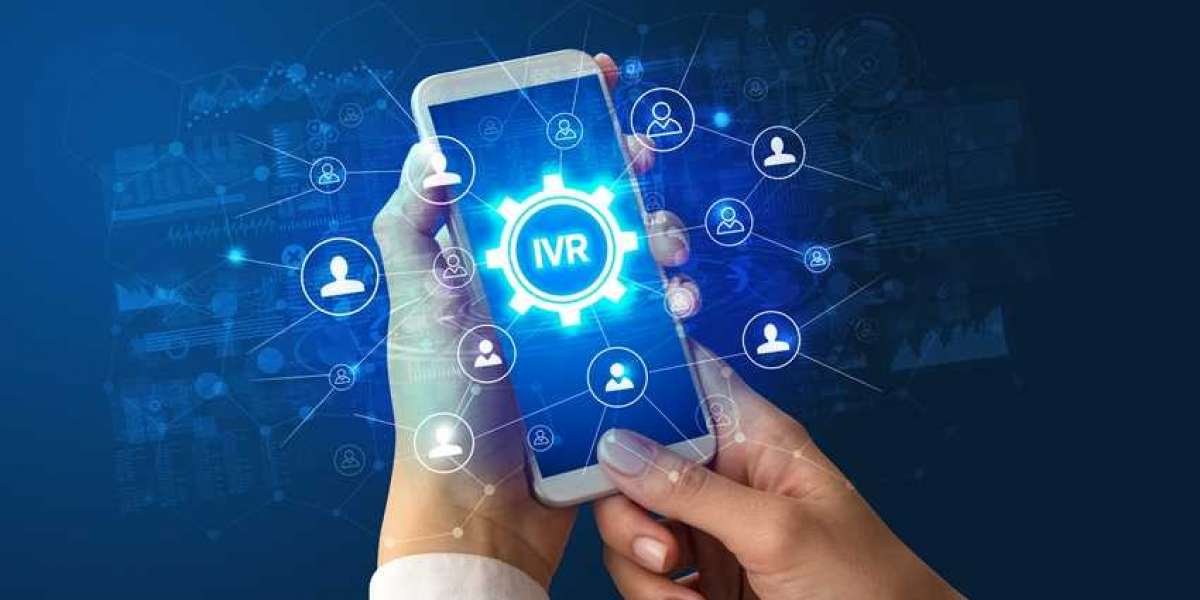Interactive voice response (IVR) is a technology that allows you to interact with a computer system in real-time. The system will then respond to your request based on the information you input. IVR can be used to automate telephone services, such as access to customer service hotlines or automated billing systems.
IVR also enables customers to interact with Contact centers via interactive voice response systems, typically through a touch-tone phone. IVR technology allows businesses to provide relevant information and services at any time of the day or night, which reduces the cost of staffing employees for busy times and helps businesses increase their customer satisfaction scores.
An IVR system can be set up so that calls are automatically routed to an agent when a specific keyword or phrase is said during a call. This allows callers to get immediate assistance with their problems even if they're not able to speak clearly or understand what's being said over the phone line.
IVR for Business
Interactive voice response systems are beneficial for businesses in many ways — especially when it comes to increasing sales and productivity levels.
The benefit of IVR technology is that it provides a more personalized experience for customers. Because an IVR system features live operators who field calls themselves, it can be difficult for customers to get through on the phone if they have questions or need more information about a product or service. Instead of calling a general customer service number, they can simply press a button and speak with an operator who can help them efficiently and effectively.
IVRs also provide businesses with another way to connect with their customers by allowing them to provide information about products or services over the phone without having to answer questions from customers directly. When people call into an IVR system, they are often greeted by a live operator who goes over all of the company's offerings and can answer any questions about its products or services that may be on their mind at that moment.
IVR also reduces the time it takes for customers to reach a live agent as well as improving customer satisfaction levels. The technology also enables companies to offer better customer service because they can answer all types of questions from any type of device, including mobile phones. This allows them to provide answers immediately without having to transfer callers or wait on hold for long periods of time like traditional phone lines do.
Examples of IVR
IVR has several different types of responses and can be used for many different purposes. Some examples of IVR include:
Answering machines that call customers back when they leave a message on the phone line for their company;
Telemarketing systems such as those used by banks and insurance companies;
Interactive voice response systems (IVRs) that allow customers to interact with a live operator to answer questions about products or services;
Customer service centers which use IVRs to route calls and take automated messages from callers;



